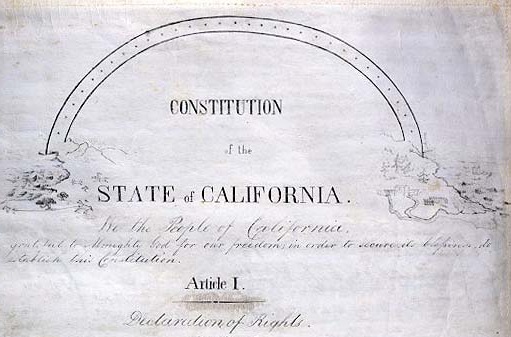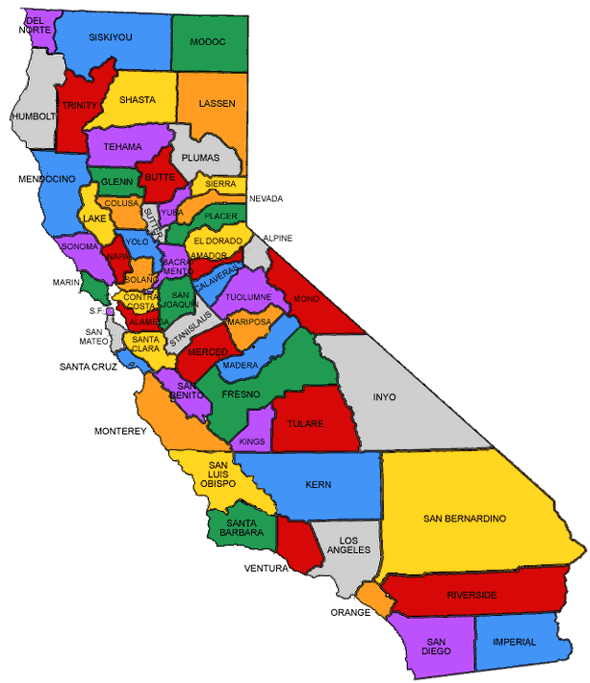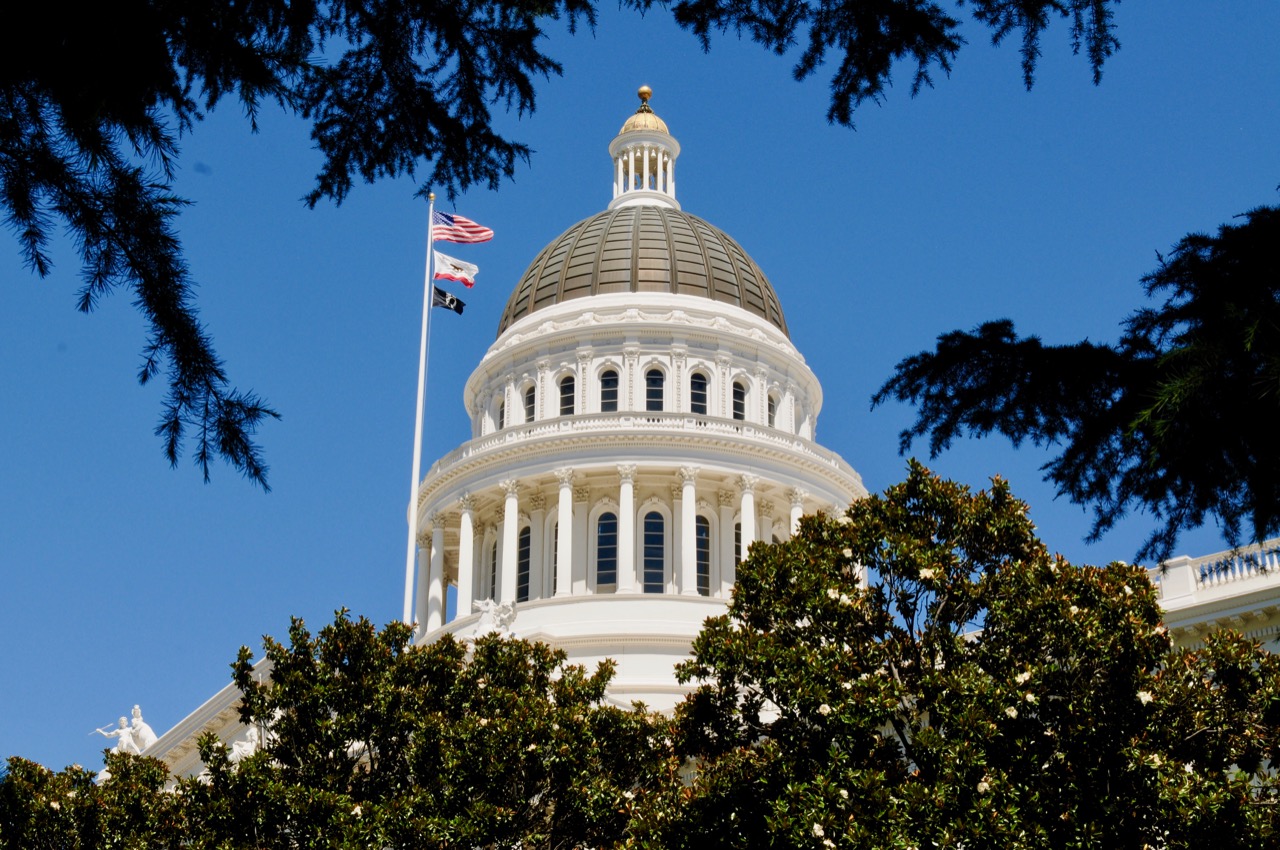
California Constitution. (Photo: www.sos.ca.gov)
Local Governments Under the California Constitution
58 counties, 482 cities, and several thousand special districts comprise local government
By Chris Micheli, June 3, 2022 6:20 am
Local governments are a critical part of California’s government. The 58 counties, 482 cities, and several thousand special districts comprise local government. Article 11, dealing with local government, which was last amended in the California Constitution by Proposition 2 on the June 2, 1970 ballot. This article contains the following fifteen sections:
Section 1 provides that the State is divided into counties which are legal subdivisions of the State. The Legislature is required to prescribe uniform procedures for county formation, consolidation, and boundary changes.
Section 2 requires that the Legislature prescribe uniform procedures for city formation and provide for city powers.
Section 3 provides that, for its own government, a county or city may adopt a charter by majority vote of its electors voting on the question.
Section 4 specifies that county charters provide specified conditions.
Section 5 states that in any city charter that the city governed may make and enforce all ordinances and regulations in respect to municipal affairs, subject only to restrictions and limitations provided in their charters and, in respect to other matters, they are subject to general laws.
Section 6 provides that a county and all cities within it may consolidate as a charter city and county as provided by statute.
Section 7 specifies that a county or city may make and enforce within its limits all local, police, sanitary, and other ordinances and regulations not in conflict with general laws.
Section 7.5 prohibits a city or county measure proposed by the legislative body of a city, charter city, county, or charter county and submitted to the voters for approval from doing specified items.
Section 8 states that the Legislature may provide that counties perform municipal functions at the request of cities within them.
Section 9 provides that a municipal corporation may establish, purchase, and operate public works to furnish its inhabitants with light, water, power, heat, transportation, or means of communication.
Section 10 specifies that a local government body may not grant extra compensation or extra allowance to a public officer, public employee, or contractor after service has been rendered or a contract has been entered into and performed in whole or in part, or pay a claim under an agreement made without authority of law.
Section 11 provides that the Legislature may not delegate to a private person or body power to make, control, appropriate, supervise, or interfere with county or municipal corporation improvements, money, or property, or to levy taxes or assessments, or perform municipal functions.
Section 12 specifies that the Legislature may prescribe procedures for the presentation, consideration, and enforcement of claims against counties, cities, their officers, agents, or employees.
Section 13 notes that the provisions of this Article relating to matters affecting the distribution of powers between the Legislature and cities and counties, including matters affecting supersession, must be construed as a restatement of all related provisions of the Constitution in effect immediately prior to the effective date of this amendment, and as making no substantive change.
Section 14 states that a local government, which is formed after the effective date of this section, the boundaries of which include all or part of two or more counties, cannot levy a property tax unless that tax has been approved by a majority vote of the qualified voters of that local government voting on the issue of the tax.
Section 15 specifies the allocation of revenues derived from taxes imposed pursuant to the Vehicle License Fee Law that does not exceed 0.65 percent of the market value of the vehicle.
- Should Interpretive Guidance Be Included in California Legislation? - April 28, 2024
- Legislative Intent Does Not Equate to a Mandate - April 27, 2024
- Frequently Asked Questions about State Agency Ethics Training - April 26, 2024



